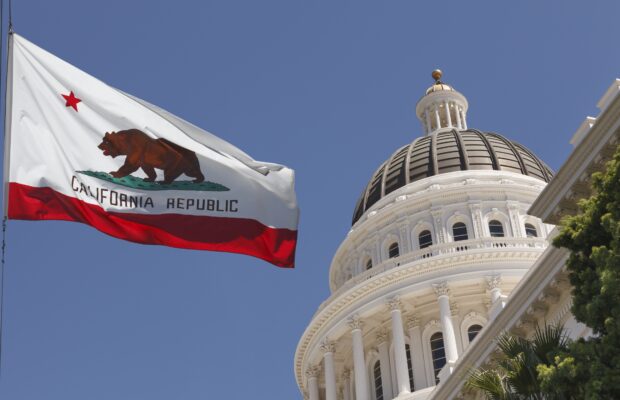In 2018, San Francisco voters passed the Early Care and Education Commercial Rents Tax (“Commercial Rents Tax”), which became effective as of January 1, 2019. The Commercial Rents Tax generally imposes a 3.5% surtax on amounts that a business receives from the lease or sublease of commercial spaces in the City, and a 1% surtax on leases or subleases of certain warehouse space. There have been multiple challenges to the constitutionality of the Commercial Rents Tax, but it has been upheld.[1]
In April of 2023, a San Francisco taxpayer (“Taxpayer”) filed a complaint with the Superior Court of San Francisco, seeking a refund of approximately $1,861,000 for amounts overpaid for the Commercial Rents Tax, contending that a portion of its total gross receipts from leases used to calculate the Commercial Rents Tax did not constitute revenue from the lease of “commercial space,” as defined in the San Francisco Tax and Business Regulations Code.[2] “Commercial space” under the Commercial Rents Tax is generally defined as any building or structure, or portion of a building or structure, that is not “residential real estate,” subject to a number of exceptions based on the use of the building or structure.
Taxpayer operates a portion of its business in the City as a full service data center. A portion of the revenue under Taxpayer’s business model is allocable to its “colocation” data center, which Taxpayer asserted does not meet the definition of “commercial space” under the Commercial Rents Tax. “Colocation” services generally consist of renting space in data center facilities for the purpose of providing power, cooling, physical security for the server, storage, and networking equipment of customers. The agreement for colocation services is generally referred to as a “license” rather than a “lease.”
Taxpayer’s argument was that, under California law, “[a] license as to real estate is an authority to do a particular thing upon the land of another without possessing an estate therein. The test to determine whether an agreement for the use of real estate is a license or a lease is whether the contract gives exclusive possession as against all the world, including the owner, in which case it is a lease, or whether it merely confers a privilege to occupy under the owner, in which case it is a license.”[3] Generally, a licensee under a colocation agreement is limited in the manner of use of the property, the location of where to place its equipment, the weight of the equipment, and alteration to the area around its equipment. A licensee cannot prevent the licensor from accessing the property. Thus, Taxpayer’s complaint asserted, colocation revenue should have been excluded from the calculation of the Commercial Rents Tax.
Taxpayer’s claim for refund also asserted that it overpaid Commercial Rents Tax by the improper inclusion of other amounts in the calculation of its total gross receipts, such as amounts derived from the need for specific machinery to be placed in its centers to support specialized computers for certain customers. Taxpayer argued that such revenue is not for commercial rental space and should not be considered in the calculation of the Commercial Rents Tax.
Although the case is still pending in Superior Court, an ordinance authorizing settlement of Taxpayer’s lawsuit against the City was introduced in June of 2023. The ordinance passed its first reading at a meeting of the Board of Supervisors on October 3, 2023, and passed its final reading before the Board of Supervisors on October 17, 2023. The ordinance was approved by the Mayor’s Office on October 20, 2023.
For space generating revenue that does not fit neatly within the definition of “commercial space” under the Commercial Rents Tax, and for revenue from commercial occupancy agreements that are more like a license than a lease, taxpayers may consider pursuing the exclusion of such amounts from the calculation of the tax. The success of a challenge to the application of the Commercial Rents Tax will depend, in large part, on the lease agreement and any other agreements with respect to the use of the space.
[1] See City and County of San Francisco v. All Persons Interested in the Matter of Proposition C on the November 6, 2018 San Francisco Ballot, No. CGC-19-573230 (Cal. Sup. Ct. S.F. County Jul. 5, 2019); see also Howard Jarvis Taxpayers Association, Building Owners and Managers of California, California Business Properties Association, and California Business Roundtable v. City and County of San Francisco and All Persons Interested in the Matter of Proposition C of the June 5, 2018 San Francisco Ballot, No. CGC-18-568657, (Cal. Sup. Ct. S.F. County Jul. 5, 2019).
[2] Verified Complaint for Refund of Business Taxes, Digital Realty Trust, Inc. v. City and County of San Francisco, No. CGC-23-605912 (Cal. Super. Ct. S.F.).
[3] Id. (citing Shaw v. Caldwell, 16 Cal. App. 1, 115 P. 941 (Cal. Ct. App. 1911)).


